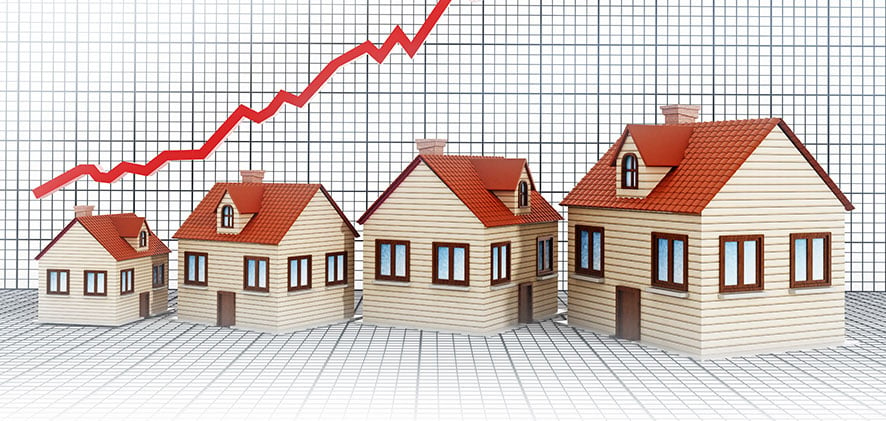With headline cities like Liverpool, Belfast and Aberdeen still lingering below the house prices of 2008, the effects of the economic crash are still clearly being felt a decade later.
The recent report, carried out by Hometrack, indicates that a quarter of the UK’s major cities’ house prices are still lower than those of a decade earlier, despite national house prices being 26% higher.
Although they are improving, the average price for a home in Liverpool remains 1% lower than in 2008.
Similarly, Aberdeen prices are 3% lower than they were during the peak of the housing crisis in 2008.
Worryingly, Belfast has been hit the hardest with current property levels 28% lower than a decade earlier.
Despite the pessimistic figures for many cities and towns across the UK, the average house price has increased by 26% when compared with the figures of 2008.
However, this statistic is heavily influenced by a London market that has experienced a 65% rise to an average property value that now stands at £483,792.
Similarly, Cambridge has also found a meteoric increase of 70% with an average property value of £432,410.
Richard Donnell, Insight Director at Hometrack, says: “The fact house prices in some of our biggest cities are still recovering from the financial crisis shows how big an impact it had on the UK’s regional housing markets.
“While 2008 was the year when house prices fell at their fastest rate, they continued to fall for a further three to four years in the weaker performing markets as the impact of the recession and restricted credit availability hit the value of people’s homes.
“These past ten years would have been difficult for many homeowners living in these cities, with low prices, weak growth making it difficult to move homes for work or to up-size to accommodate growing families.”
With many prices lower than they were in the worst period of the economic crash, many homeowners remain shackled to a mortgage worth more than the value of their home. Despite a decade passing and potentially first-time buyers becoming families that need to second-step, their inflated mortgages could see them stuck in a house they have outgrown until the market improves in their area.
Will these statistics encourage more house sales with a market price that could potentially rise back to the prices of a decade earlier? Have you found that those paying a high mortgage feel tied to their house and unable to move?




















